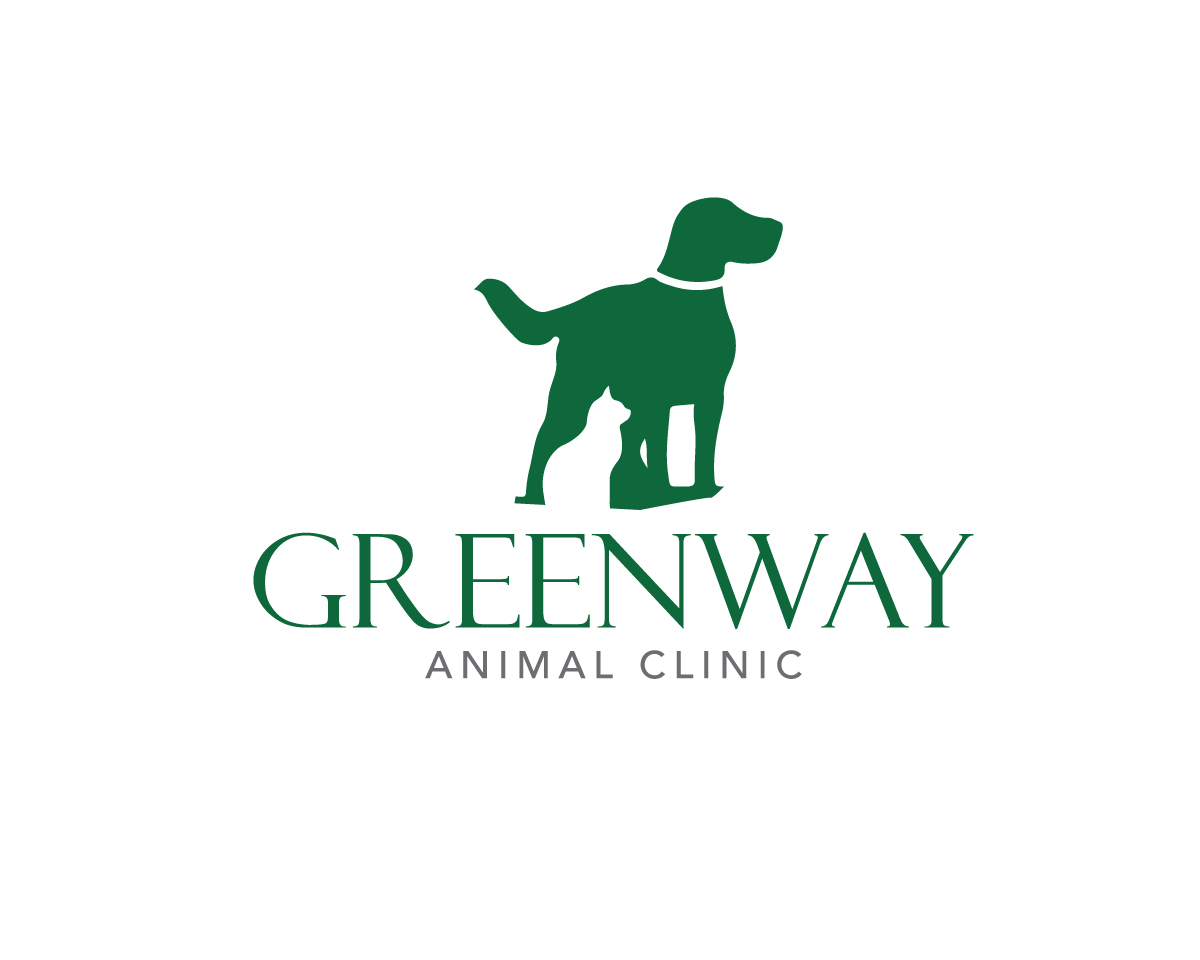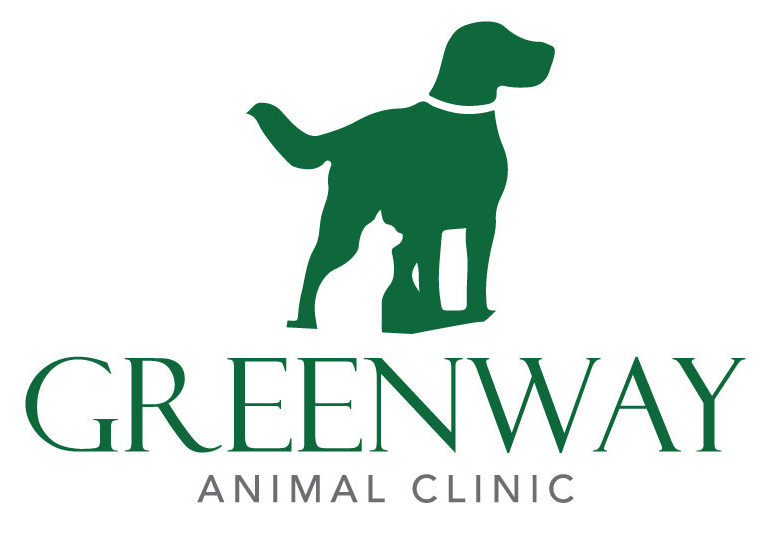Pet Health Library
-
There are four factors that influence a dog's recovery from spinal surgery.
-
Staphylococcus is a name for a group of bacteria commonly found on the skin. Dermatitis is a term that means inflammation of the skin.
-
Tumours of the epithelial, glandular stomach lining include non-cancerous polyps and some types of chronic (hyperplastic) gastritis. Malignant epithelial tumours (gastric adenocarcinomas) cause progressive illness.
-
This tumour is a disordered and purposeless overgrowth of sweat gland cells. Most sweat gland tumours are benign and can be permanently cured by total surgical removal.
-
The testicle (testis) contains several different cell types. These include the germ cells, which make sperm, the supporting and nourishing Sertoli cells, and the hormone-producing interstitial (or Leydig) cells.
-
Thiamine deficiency used to be a common condition due to the fact that in days gone by, raw fish was a common component of a cat's diet. However, commercial manufacturers realized this problem and foods were fortified with thiamine and the disease was rarely seen.
-
Thiamine deficiency used to be a common condition due to the fact that in days gone by, raw fish was a common component of a dog's diet. However, commercial manufacturers realized this problem and foods were fortified with thiamine and the disease was rarely seen.
-
Thyroid tumours include cystic structures called goitres, multi-nodular overgrowth (hyperplasia), benign (non-spreading) cancers (adenomas) and malignant (spreading) cancers (carcinomas).
-
Ticks are common in Australia and problems associated with them vary from the benign “bush tick” which causes local skin irritation, to the potentially fatal “paralysis tick” seen mainly in coastal areas on the east coast of Australia.
-
Tick poisoning is due to the toxin from a tick called Ixodes holocyclus or the paralysis tick.

